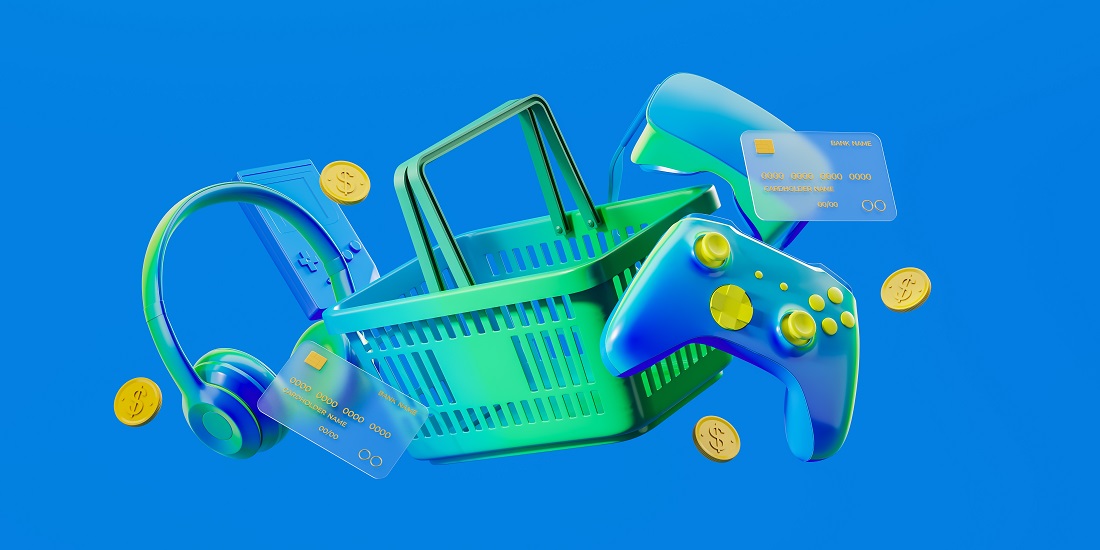Successful online game launches require more than simply creating an attractive product; they also necessitate an extensive marketing plan designed to reach potential players and generate excitement. This is especially essential in markets regulated by stringent regulatory bodies like the UK Gambling Commission (UKGC), where conformance to a ukgc casino standards not only builds credibility but also ensures compliance with legal requirements. If searching for alternatives, https://nonukgccasinos.com offers insights into casinos outside UKGC jurisdiction – emphasizing how important regulatory differences can be when crafting effective marketing plans aimed at success.
Effective marketing campaigns can make an immense difference in the success of a game, with numerous examples illustrating their power through strategic planning and creative approaches. This article delves into key marketing strategies for launching new online games as well as standout campaigns that have successfully engaged audiences and propelled success. Furthermore, this piece highlights how targeted marketing can have a dramatic effect on visibility and player engagement for an online casino, showing just how powerful targeted campaigns can be in driving their growth and popularity.
1. Generating Anticipation Through Teasers and Pre-Launch Campaigns
Generating anticipation before an online game’s official release is key to creating excitement and interest from gamers, particularly in legal casino online platforms where adhering to regulatory standards can significantly impact marketing effectiveness. For instance, https://tychebets.com/nomima-kazino highlights how strategic anticipation can be effectively managed within regulated environments. By taking advantage of pre-launch promotions while adhering to legal compliance guidelines, developers can generate anticipation for their online casino games while meeting all necessary legal requirements, increasing both credibility and player interest simultaneously.
Example: Epic Games used carefully timed teasers to generate excitement about Fortnite by Epic Games, its latest release. First, they unveiled a cinematic trailer showcasing its distinctive building mechanics and eye-catching visuals, followed by an in-house closed beta test allowing a select group of early adopters to experience it before its official release; lastly, they kept up a regular pre-launch phase activity so people remained excitedly anticipating its full release!
2. Leveraging Influencers and Streamers.
Influencers and streamers have quickly become invaluable allies to gaming developers over recent years. By joining forces with high-profile figures who can spread the word of the game to large audiences more efficiently while engaging them emotionally, developers can reach more potential players more efficiently while strengthening player bonds at once.
Example: “Among Us” by InnerSloth saw a popularity surge when streamers like PewDiePie and Ninja showcased it live, boosting community awareness. The developers also engaged with player feedback, further fueling its success. This demonstrates how influencers can expand exposure and drive popularity.
3. Generating Engaging Content and Fostering Community
The success of a game relies on its community, with engaging content that encourages players to return and supports long-term growth.
Example: Mojang’s community-building for “Minecraft” included regular updates, events like “MineCon,” and support for user-generated content. This strategy fostered a dedicated player base and contributed to the game’s lasting popularity.
4. Explore Cross-Promotions and Partnerships
Cross-promotions and partnerships can widen the appeal of a new game, draw diverse audiences in, boost credibility and appeal, and extend reach into new territories.
Example: Psyonix’s Rocket League utilized cross-promotions strategically in its launch success, partnering with iconic brands and game franchises for promotional events and in-game items that featured themed content related to popular sports leagues such as NBA and Formula 1. Such collaborations not only attracted new fans from those communities, but also kept its presence front-of-mind through ongoing partnership or limited time events.
5. Consider Limited-Time Promotions and Early Access
Offering limited-time promotions or early access opportunities for innovative casino games can create urgency among players to engage with your game sooner rather than later, gather initial player feedback, and build momentum toward its official release. In addition, this strategy may create excitement about its debut.
Example: “Genshin Impact” by miHoYo To generate interest for their game “Genshin Impact”, miHoYo used both limited-time promotions and early access. Prior to its official launch date, miHoYo granted early access via closed beta tests so players could explore it and provide feedback before offering pre-registration campaigns with exclusive rewards only available during early registration campaigns; counting down events/teaser trailers were also utilized before launch day success! These tactics allowed “Genshin Impact” to attract substantial player bases while meeting its launch day success!
6. Engaging Media and Press
To maximize visibility and credibility, media coverage from reputable gaming publications is crucial. Cultivating relationships with journalists early provides them with early access to your game, enhancing coverage.
Example: For instance, Naughty Dog’s campaign for “The Last of Us Part II” effectively engaged the media with exclusive events, early access for reviewers, and positive press coverage. High-quality trailers and gameplay videos also kept players excited for the launch.
Conclusion..
Launching an online game successfully requires a detailed marketing plan with elements like building anticipation, using influencers, engaging with the community, cross-promotions, limited-time offers, and media coverage. Campaigns for games like “Fortnite,” “Among Us,” “Minecraft,” “Rocket League,” “Genshin Impact,” and “The Last of Us Part II” demonstrate effective strategies for driving player engagement and ensuring a successful launch.
To read more content like this, explore The Brand Hopper
Subscribe to our newsletter




